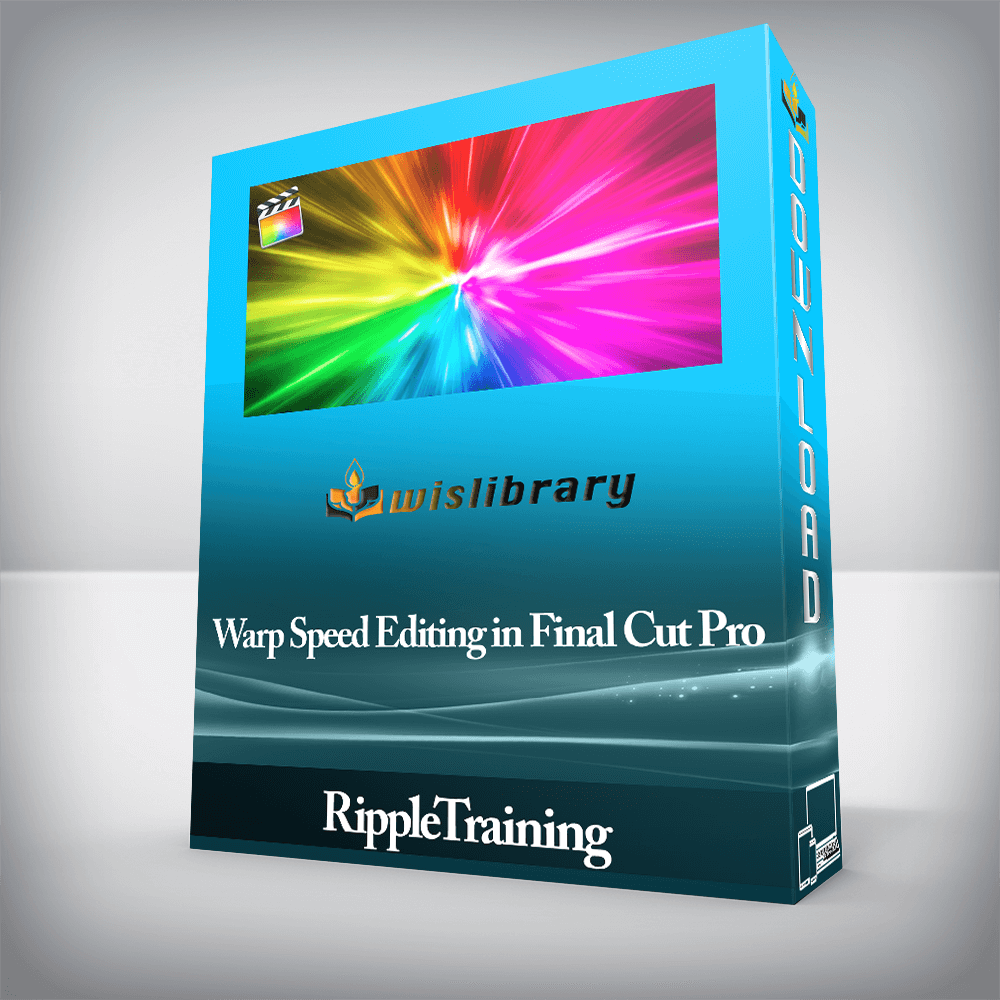

Editors who are already familiar with the basics of Final Cut Pro X or editors who use it infrequently and want to gain more confidence and speed. Users who are new to Final Cut Pro X should purchase our Final Cut Pro X Core Training or Final Cut Pro X Essentials Bundle before working through this tutorial.
Software Version: Final Cut Pro 10.4 or later.
Run Time: 3 hours 8 minutes
Project Media: No Project Media Included
Type of Tutorial: Workflow Specific
Apply powerful import and organization strategies; learn how to prepare your media before you even launch Final Cut Pro; discover how to quickly access the libraries you want to work with; and determine how to better organize your media using keywords, smart collections and ratings tags.
Learn the most efficient ways to create a rough assembly; what keyboard commands are the most useful when trimming your clips and how to work in two places at once in the timeline using the Skimmer and Playhead.
The Gap Tool and Gap clips are your best friends when editing in Final Cut Pro X and you’ll learn ways to use them that will help you maintain or override the timing of your projects.
Final Cut Pro X’s Magnetic Timeline was designed to keep the UI out of your way so you can quickly shape your story. You’ll learn when and how to create new clip connections so you can shuffle your clips around in any order. This particular tip is so useful you’ll be saying to yourself: “I wish I knew this on my last project!”
There are no reviews yet.
You must be <a href="https://wislibrary.net/my-account/">logged in</a> to post a review.